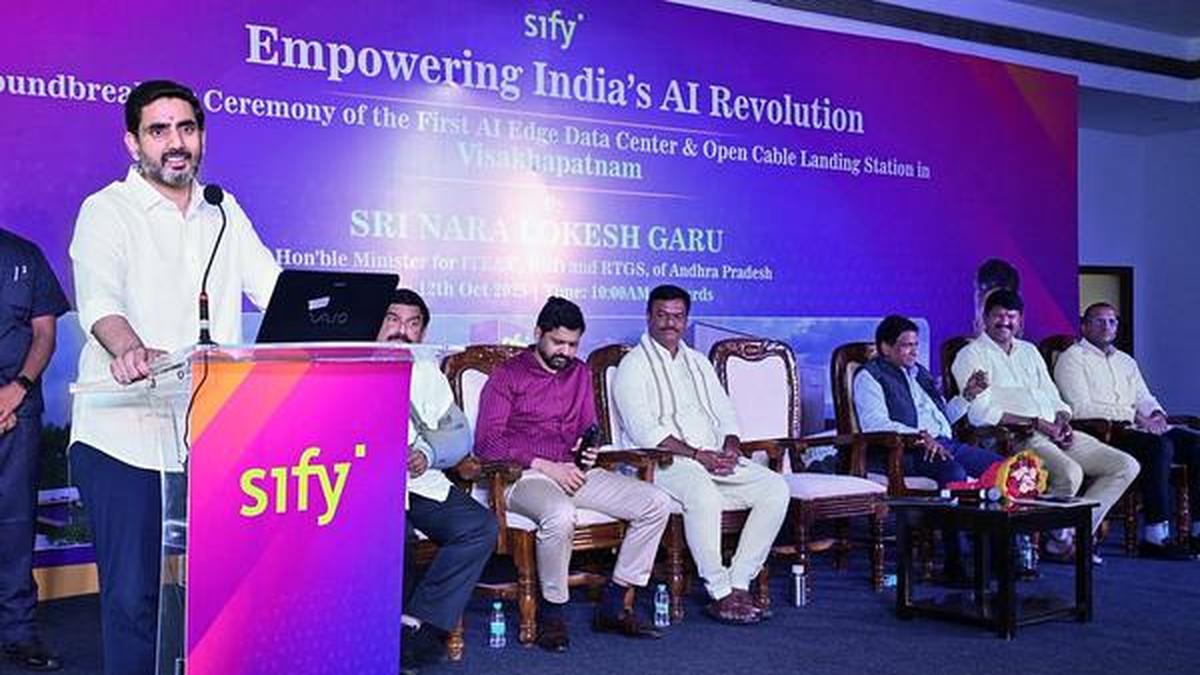As world leaders arrived in Egypt on Monday to celebrate the first stage of the Gaza ceasefire deal and discuss the next steps, there was a curious note of disharmony between the US and the UK.
Bridget Phillipson, the education secretary, had appeared on the BBC on Sunday talking about the UK’s “key role” in shaping the agreement – only to be slapped down on X by the US ambassador to Israel, Mike Huckabee, who called her “delusional”.
Meanwhile Gideon Sa’ar, the Israeli foreign minister, reposted a message by the former British military officer, Richard Kemp, saying: “The British government played no role in the ceasefire agreement, except a negative one by encouraging Hamas to resist through recognition of a nonexistent ‘Palestinian state’.”
By Monday morning, Trump’s envoy to the Middle East, Steve Witkoff, was trying to undo the damage – flagging the role played by Jonathan Powell, the UK’s national security adviser, in particular.
Downing Street would not say on Monday whether the government had requested that Witkoff send his message, which was posted on X.
The public spat highlights a deeper question: for all the words and air miles expended by Keir Starmer and other senior ministers in trying to end the conflict, had any of it made a difference?
“The UK has made it very clear all along that it cares about this, and that matters,” said Bronwen Maddox, the director of the Chatham House thinktank. “For all that Israel complained about the UK recognising Palestinian statehood, that did play an important role in signalling how engaged the UK and others were in what was happening in the region.”
Government advisers acknowledge that Donald Trump and the US have played by far the biggest role in bringing about the peace deal. But they say Britain has done more than simply show that it cares about the outcome of the conflict.
The prime minister’s spokesperson said on Monday: “We’ve been offering our full support for these efforts, over the last few weeks and months, including working behind the scenes with the US, Arab and European nations to help develop ideas and build consensus on the steps that need to be taken to deliver a plan for Gaza’s future.”
Officials point to the roles played by Powell and Tony Blair, the former prime minister, and insist that their experience in piloting the Northern Ireland peace process proved invaluable in bringing Israel and Hamas to the negotiating table.
They claim this influence was in part substantive. Point 13 of the 20-point peace plan, for example, deals with demilitarisation of Gaza, mirroring how important weapons decommissioning proved in the Good Friday agreement.
Point 18 meanwhile calls for an “interfaith dialogue process” aimed at “emphasizing the benefits that can be derived from peace” – an echo of the Forum for Reconciliation and Peace, which was set up in Northern Ireland in 1994.
Some experts reject the idea that Powell, Blair or anyone in Starmer’s government could have helped shape the substance of the peace deal, not least because it is based on a similar one promoted by the former president Joe Biden before Labour entered government.
“This deal has been on the table since Biden,” said Maddox. “It has very little to do with the Good Friday agreement.”
One area where Powell does appear to have had an influence however is persuading all sides to enter the peace process without necessarily knowing the outcome.
“What Northern Ireland taught us is that taking part in the process builds its own trust and momentum,” said one official. “So even if you don’t believe the other side will stick to their commitments, you embark on phase one anyway as a way to show commitment and generate the trust, which comes later.”
Starmer himself spent much of Monday talking to other world leaders in Sharm-El Sheikh, repeatedly emphasising that the UK “stands ready to play a leadership role in the reconstruction of Gaza”, according to statements from Downing Street.
The prime minister told leaders including the French president, Emmanuel Macron, and Jordan’s King Abdullah that Britain could specifically help monitor the process of Hamas decommissioning its weapons.
Meanwhile Hamish Falconer, the Middle East minister, is leading a three-day summit at Wilton Park dedicated to discussing the reconstruction of Gaza – with the UK offering £20m in aid towards the effort.
But whether the British government will play a more direct role in any transition authority appears to remain undecided.
“The precise membership and shape of that board is all still subject to discussion,” No 10 said on Monday.
.png)
 5 hours ago
12
5 hours ago
12








 English (US) ·
English (US) ·